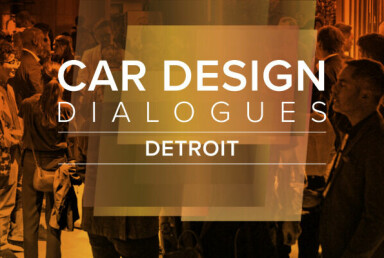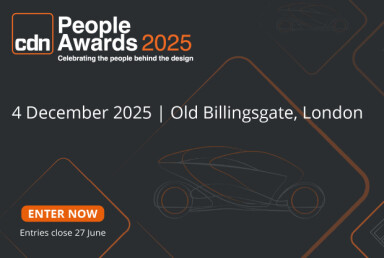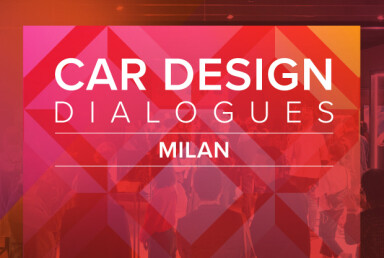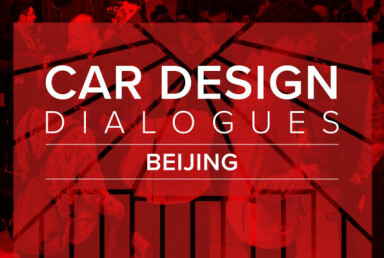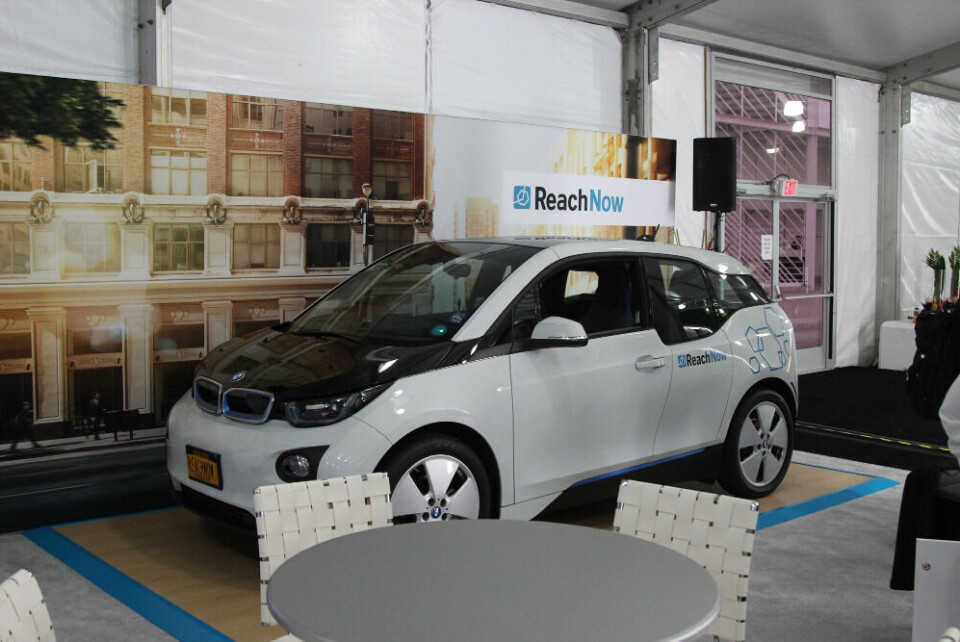
LA 2016: AutomobilityLA conference
Round-up of the first day’s conference presentations
AutomobilityLA is the new name for the Los Angeles auto show and the related connected car expo which had run on the days prior. Now a week-long event, the conference runs ahead of, and throughout, the auto show’s traditional car-unveiling press days which commence on Wednesday.
Alongside the technology pavilion — full of start-ups jostling for attention with more established names such as BMW’s ReachNow, Hyundai’s BlueLink and Local Motors — the conference room this year has hosted a more car-friendly, but still tech-leaning, array of keynote speeches and panel discussions.
So here’s a potted guide to our highlights of the first day’s conference:
Keynote: Mark Fields, President and CEO of Ford
Fields [pictured, top] talked about the world being on the cusp of a mobility revolution which, he said, “Ford had been preparing for, for the last 100 years”. He also announced:
- vehicles as no longer being Ford’s only game: it is focusing on the cities of tomorrow
- Ford’s city solutions team is working directly with city authorities to help them tailor specific mobility solutions for each location, including deploying some of Ford’s latest acquisitions such as GoBikes and Chariot.
- Ford will be working with Mike Bloomberg’s Mayors’ Challenge to work with mayors around the world to improve cities, mobility and the lives of city inhabitants.
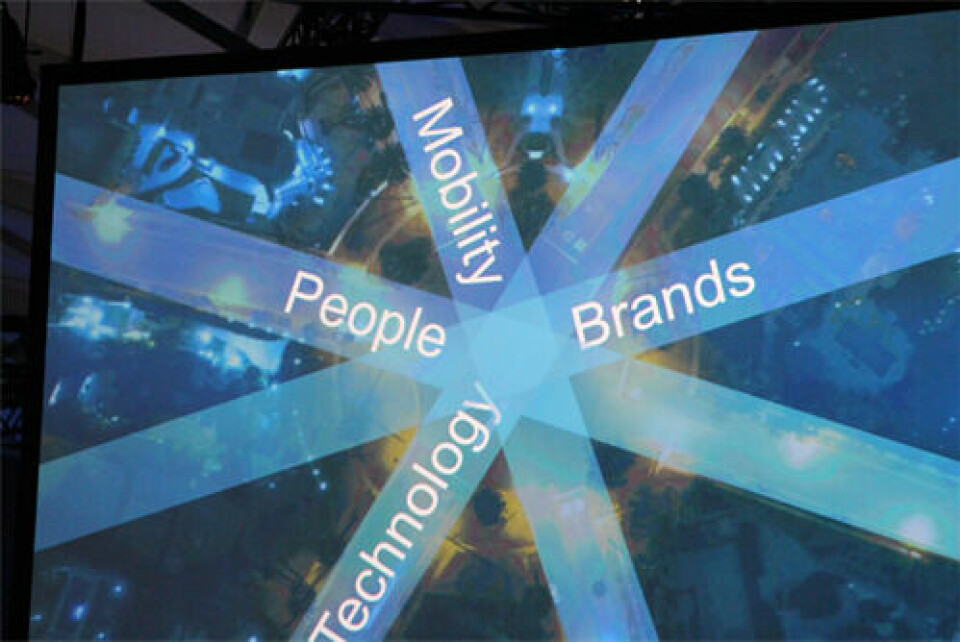
“Putting the owner back in the driving seat”: Stephanie Latham, Director US Automotive, Facebook
Latham talked about the synergy of the OS in the car and the OS on your phone as being “where the magic happens”, and how Facebook sees the opportunities for the future as being at the intersection of people, brands, mobility and technology. Three key trends driving behaviour change (from Facebook’s perspective) were outlined as:
- the connection of everything
- the experience and on-demand economy
- mobile customers first, as mobile has now overtaken desktop as the no.1 browsing device.
While her talk ultimately ended up feeling like more of a pitch to OEMs to advertise on Facebook, some of Latham’s key facts were interesting food for thought: not least that the average adult now touches their phone, on average, 5000 times within a 24-hour period.

“Data is the new oil”: Brian Krzanich, CEO Intel
Krzanich’s talk touched on the many challenges created by the “flood of data” coming as we move towards autonomous cars. He highlighted how:
- the future autonomous vehicle won’t move without data or a data connection — and how ultimately the roll out of the 5G network will be critical to its deployment
- how the average autonomous vehicle is likely to create 4000GB of data in a single, one-hour journey (today, the average person generates around 600MB per day)
- the four key data challenges as we move towards autonomy are data size management, speed (workflow efficiency), secure sharing, and scalability.
This was a somewhat dry talk, but with no one in the room left in any doubt to data’s importance. Krzanich’s perspective left more questions than it answered, and finished on a poignant query over the establishment of standards and sharing of data, two things critical to the quick scaling-up of autonomous vehicles.
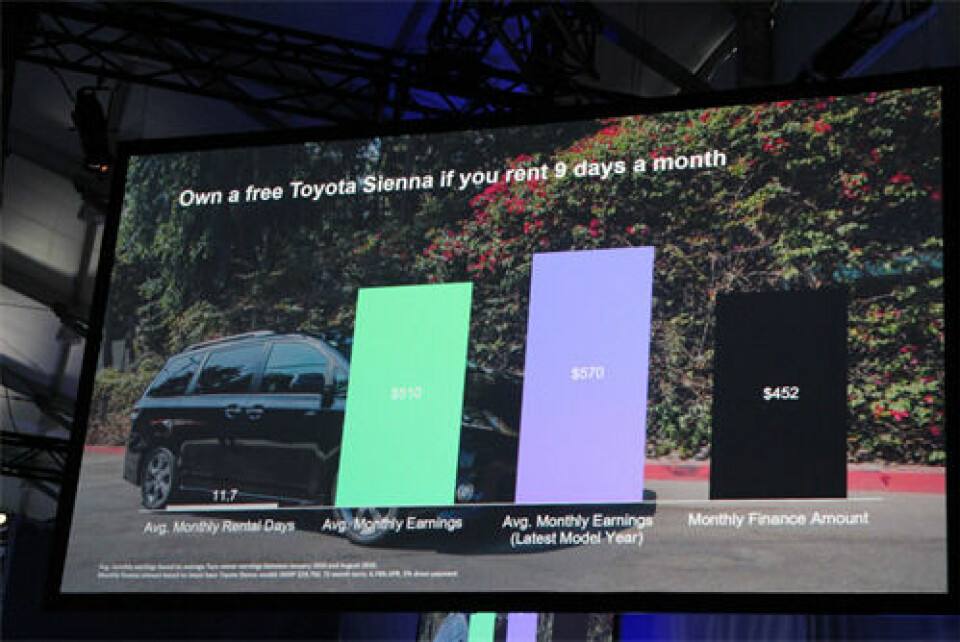
“The sharing strategy”: David Stewart, Turo; Eric Spiegelman, LA board of taxicab commissioners; Steve Banfield, CEO of BMW ReachNow
This lively panel discussion explored the different approaches to car-sharing and ride-hailing, dispelling some myths along the way.
- Turo showed how P2P (peer-to-peer) car-sharing is already here and working (it has 2m active users), and how those providing Tesla Model S’s and Toyota Siennas to its fleet are making more money by renting them through Turo’s system than the cost of their monthly auto loan payments [see slide above].
- Eric Spiegelman’s insight cited the city of LA’s relationship with Waze, the tech it has for maximising traffic flow, and how the city is standardising every street in the city every time it renovates. He gave a rallying call to automakers to come and talk and work with cities.
- BMW ReachNow (also announcing expansion into Brooklyn) talked about a chance to touch people who would otherwise have no relationship with BMW. CEO Steve Banfield compared the operational and economic shift as being similar to what the software industry has gone through (he was previously at Microsoft).
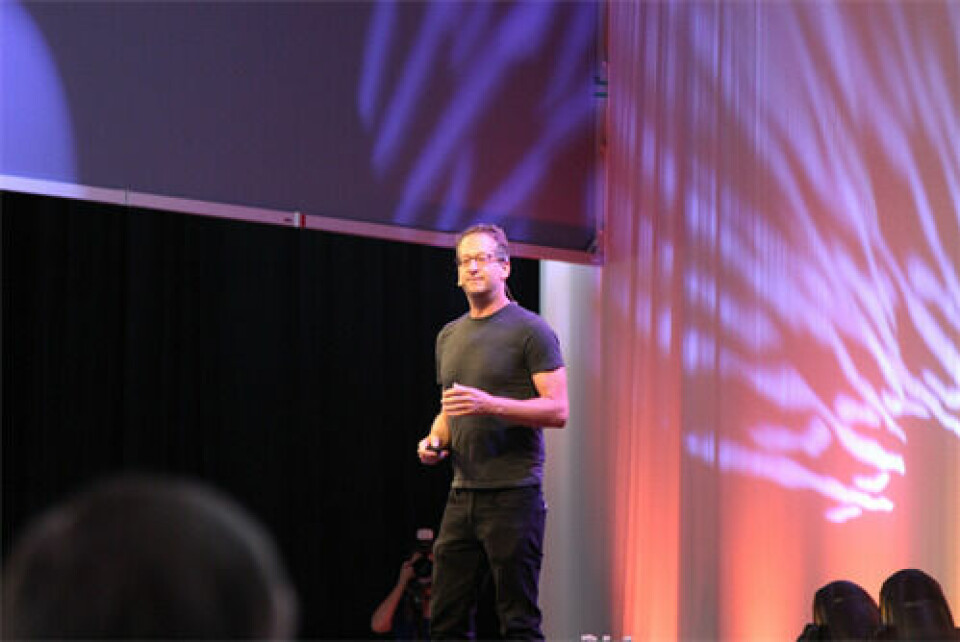
“Pump up the brand: using VR to create immersive customer experiences”: Morris May [above], founder & CEO of Specular Theory
This talk on AR and VR fell somewhat flat, the only salient take-away being May’s statement that “if you’re using VR to show something that could be done in another medium, you’re doing it wrong”. The medium is in its infancy — but for ideas about new brand experiences, show-goers would have been better-off at the VR-based launch of Jaguar’s I-Pace the night before.
“The nuts and bolts of flying cars”: Dezsö Molnár and Neal Ungerleider
After a morning of data insight and corporate keynotes, this conversation between flying car inventor Molnár and Fast Company reporter Ungerleider was a breath of fresh air. Molnár gave insight into his leftfield world of experimental flight, mixing the motorcycling world with light aircraft, and telling tales of Tuesday morning test flights in the deserts outside of LA. He is planning a flying car race next year, in the belief that in its simplest form, the field offers great opportunity for invention and experimentation that can be improved by racing and competition.

2050: City of the Autonomous Car: panel with Gerry Tierney, Perkins + Will; Jeffrey Tumlin, Nelson/Nygaard and Mark Bünger, Lux Research
A talk that felt like an open opportunity for doomsday scenario predictions turned out to be one of the most inspiring of the day. Tierney neatly outlined the spatial opportunities autonomous vehicles might bring to cities (taking back two times the space of Golden Gate Park in San Francisco, just through AV-driven simple efficiencies). He was followed by Tumlin, who implored us not to make the same predictive mistakes of the 1960s world fairs. How would we do this? By not failing to understand people (both physiologically and psychologically), and by remembering to ask the right questions: namely, how will autonomous vehicles improve public health, happiness and increase a sense of equity for all citizens?
Bunger finished off by talking about the concept of streaming of goods to people (including, in the future, things like food) and looped back to the idea of the flying car — citing Airbus’s Vahana project as a possibility this might still come good, and ultimately change our entire perspective on getting round the city.
Carmakers confront the Change Challenge: Matt Jones, Moovel/Daimler and Rachel Bhattacharya, GM/Mavern
The end-of-the-day panel discussion focused on two OEMs who have recently set up new business divisions outside of their core operations. Despite repeat provocation from the moderator, Jones insisted there was good reason for Daimler to push people towards transit solutions, and described, in a similar way to Ford’s Mark Fields, how the Daimler was working closely with city authorities.
There was a pleasingly sanguine note struck, which contrasted with much of the day’s “hey, we’re a technology company, let us help you OEMs sell more cars” rhetoric: the tacit acceptance that car brands aren’t just going to go on selling more cars forever, and that they have to diversify. But both panellists also explained how their new business divisions were helping the core car operation innovate and think differently.
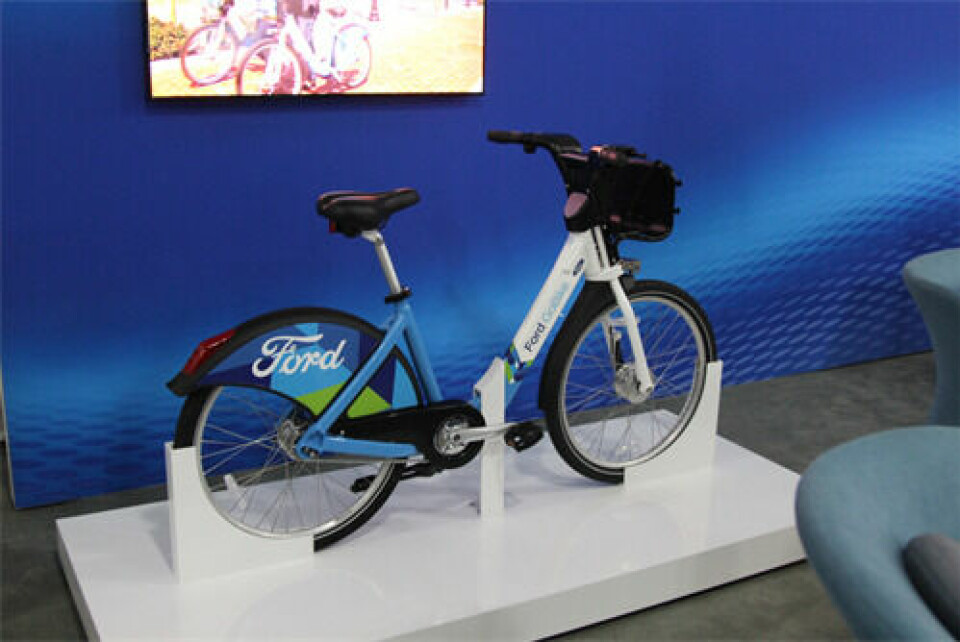
Ford GoBike
An altogether less technology-centred event than last year, this conference showed car makers thinking clearly and strategically about life beyond a manufacturing business, with diversity and open-mindedness: not something the auto industry is famed for. The tech sector’s interest in cars has perhaps proved to be the warning siren to the auto industry that it needed to change, and in reacting to the threat of tech, some OEMs might now ultimately save themselves from being disrupted to the point of extinction.
Overriding many of the talks too were two themes that, all too often, both auto firms and tech brands seem to forget: the focus was on building better cities in the future — and developing ways to mitigate and solve the multitude of issues that cars create in dense urban environments.
And of course, at the heart of any great city are its people, and while it might sound trite, centre-stage at this event was a palpable passion, from almost everyone who spoke, for putting people at the centre of their visions for the future.
